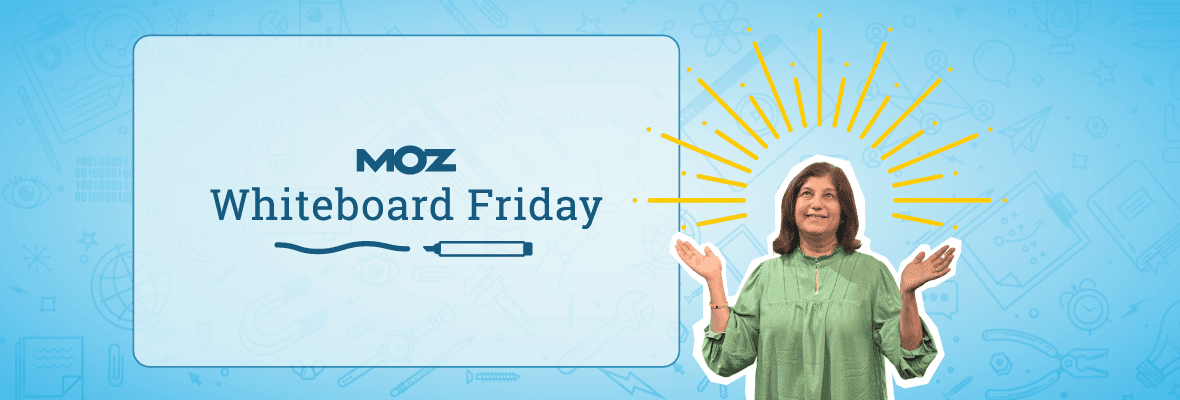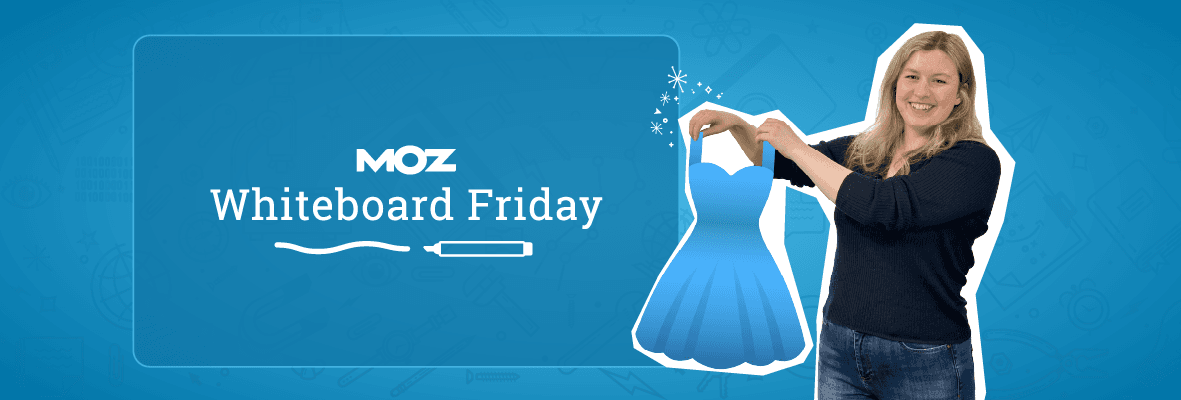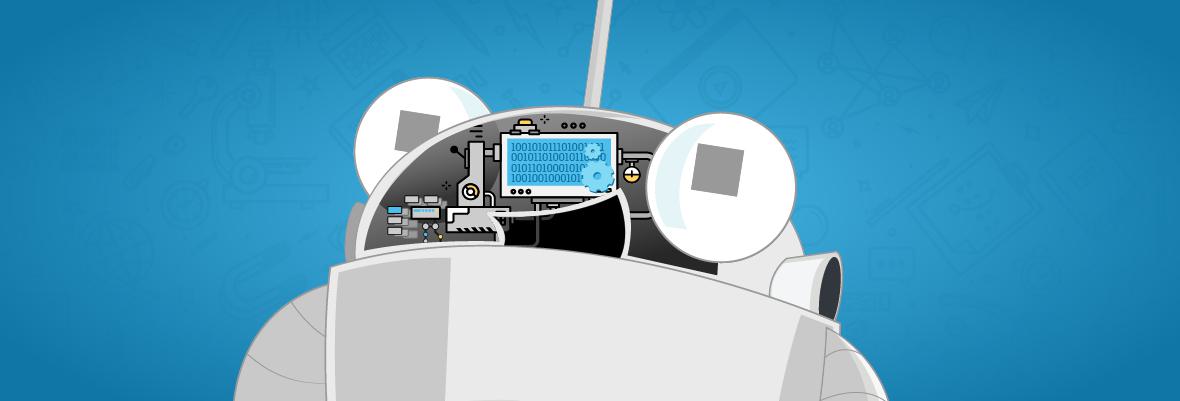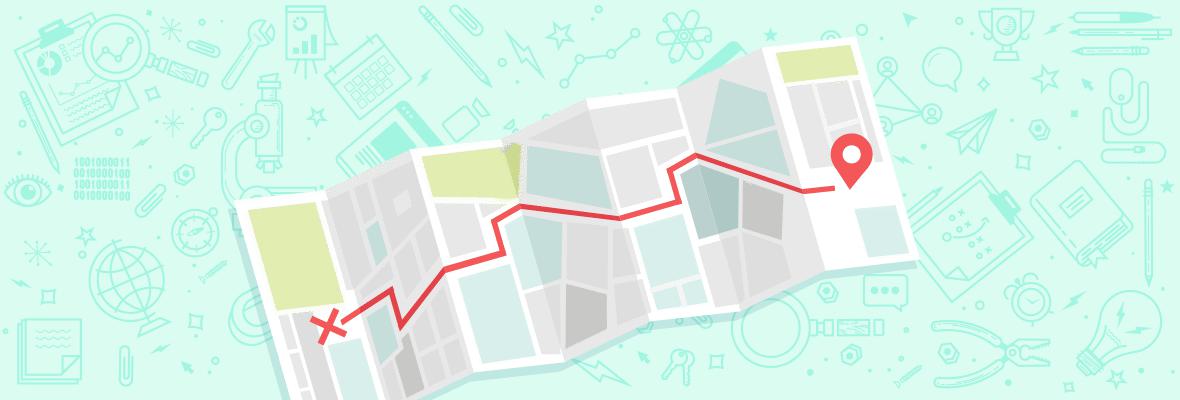

Re-Designing Your SEO Career — Whiteboard Friday
SEO coach Tazmin Sulliman shares her four-step framework for redesigning your career with authenticity. Learn how to set achievable goals, manage stress with her BRAVE technique, and celebrate your wins along the way. Remember—you're not starting from scratch, you're redesigning with purpose!






















